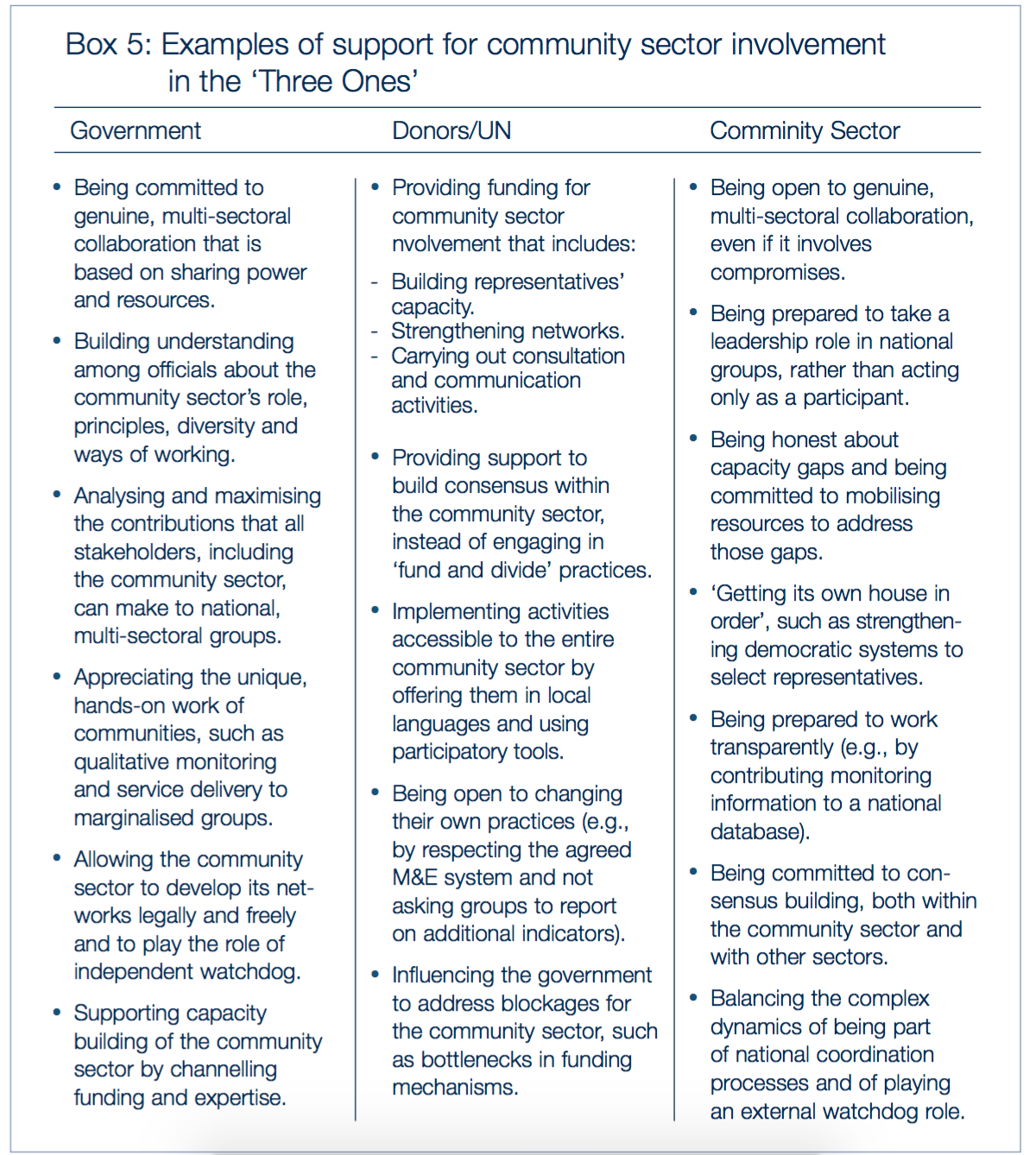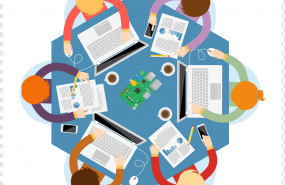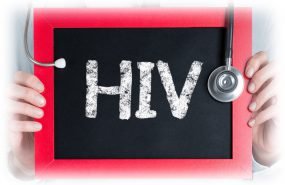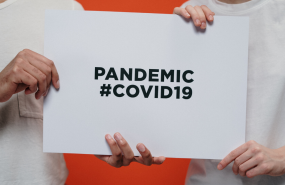Issues of communities, rights and gender – why are they important?
- 15.06.2016 06:57
- Post Views: 1,062
Currently, attention of all civil society and communities’ representatives, advocates and other stakeholders in the sphere of fight with HIV/AIDS epidemics is focused on preparation of High-Level Meeting on AIDS 2016, which will be held in New York on 8-10 June. First of all, communities are concerned by the fact that the draft version of Political Declaration which should be finalized on the Meeting does not sufficiently reflect issues connected to key groups of populations. These issues are vitally important, taking into consideration the data from last UNAIDS report on the fact that 90% of HIV cases in EECA are found among representatives of key affected groups of populations and their sexual partners.
All stakeholders headed by Global Fund admit that the process of fight with AIDS, tuberculosis and malaria cannot be successful without significant participation of civil society and key affected groups of population (people living with HIV and affected by TB and malaria, MSM and transgenders, sex workers, people using drugs etc.)
However, often they lack access to knowledge which is necessary to play active part in these processes, and particularly, in activities of Global Fund. Moreover, programs to fight HIV, tuberculosis and malaria often have limited impact, which is connected to insufficient attention to barriers, connected to human rights, gender inequality and other kinds of inequality, and social exclusion, which we will discuss more in our next materials.
To provide significant role of groups of population, affected by the three diseases, in Global Fund processes and effective elimination of these barriers with the help of grants, Global Fund Board approved CRG Special Initiative – communities, rights and gender equality. Regional Platform-EECA Project together with 5 platforms in other world regions is one of 3 components of this initiative. Report on CRG initiative process as per beginning of 2016 was presented on the last Global Fund Board meeting. The report reflects presence of certain successes and shows that challenges with transformation of these achievements into certain results and achievements in terms of programs in the filed still remain of high priority, which also was reflected in Global Fund New Strategy for the next 6 years.
Having realized importance and scope of coverage of issues of communities, human rights and gender equality in response to HIV, TB and malaria epidemics around the world, in report conclusions GF says that achievement of targets put for CRG department and participants of special initiative requires participation on all organizational levels, adequate resources, effective monitoring and powerful stable partnerships with civil society over the next few years.
Participation of public sector will help to guarantee that national events on response to HIV/AIDS epidemics:
- Are based on real needs and have strategic focus
- Cover general public, are flexible and react on crisis quickly
- Use creative approach and are efficient
- Do not stigmatized and discriminate
- Are based on human rights
- Are targeted to engage into participation
- Follow principles of accountability and transparency
- Are economically effective
All stakeholders can make their contribution into active and meaningful participation of public sector. The table below have some examples of such participation, in accordance with guidance, developed by ICASO, Coordinating with communities. In our informational work we will talk in more details what can civil society and communities do by themselves.

It is also important to understand that participation of civil society and communities is important on all levels – from regional to city or local. Engagement on each level has its own specificity; special skills and knowledge are required on all levels. We will talk in more detail about all levels in online course, designed in terms of the project Regional Platform-EECA.
You can read about importance of HLM on AIDS in more detail on the event website, we also recommend to have a look at main documents on the meeting.
You can find more detailed information on issues of communities, rights and gender in our Resource Center:
- Last review on the progress of SI CRG can be found here.
- Review of publications on community issues (guidance Coordinating with communities is particularly useful)
- Review of publications on human rights issues
- Review of publications on gender issues
Related News
Roundtable organized by Global Fund
On 26 May (Russian) and 27 May (English) at 10.00 am (Geneva time) Developing Country NGO delegation of the Global Fund Board and the Global Fund Secretariat are organizing the Roundtable “Responses to HIV and TB in times of COVID-19 – strengthening engagement with civil society and communities in Eastern Europe and Central Asia (EECA)” […] Read moreCOVID-19 lessons: what can make the HIV programs in the EECA countries more sustainable? (LIVE discussion)
On May 5, 2020, from 11:00 a.m. to 1:00 p.m. EST (UTC+3), Alliance for Public Health will conduct a special LIVE discussion will be held on opportunities to improve the sustainability of national HIV programs that have emerged in connection with COVID-19. Post Views: 838 Read moreCOVID-related Funding Opportunities for Civil Society Working on HIV, TB, Malaria, Gender and Human Rights
We would like to share with you the information about few COVID-related Funding Opportunities available for Civil Society Working on HIV, TB, Malaria, Gender and Human Rights in EECA. Post Views: 3,142 Read moreServices for migrants and refugees from Ukraine – HIV/TB care with a focus on key populations
Due to the increasing flows of refugees from Ukraine because of Russia’s invasion of Ukraine, the EECA Regional Platform created a spreadsheet to fill contacts details of face-to-face and online services for refugees and migrants (with a focus on HIV/TB care and key population groups).
Regional Platform – EECA
This web-resource is a part of new regional communication and coordination project “Regional Civil Society and Community Support, Coordination and Communication Platform - EECA”, implemented by Eurasian Harm Reduction Association (EHRA).
Tags
See also
-
Grant Cycle 7 Reprioritization: How can communities prepare? 02.07.2025 12:03
-
Webinar: Using Global Fund's Data for Advocacy 12.06.2025 12:00







